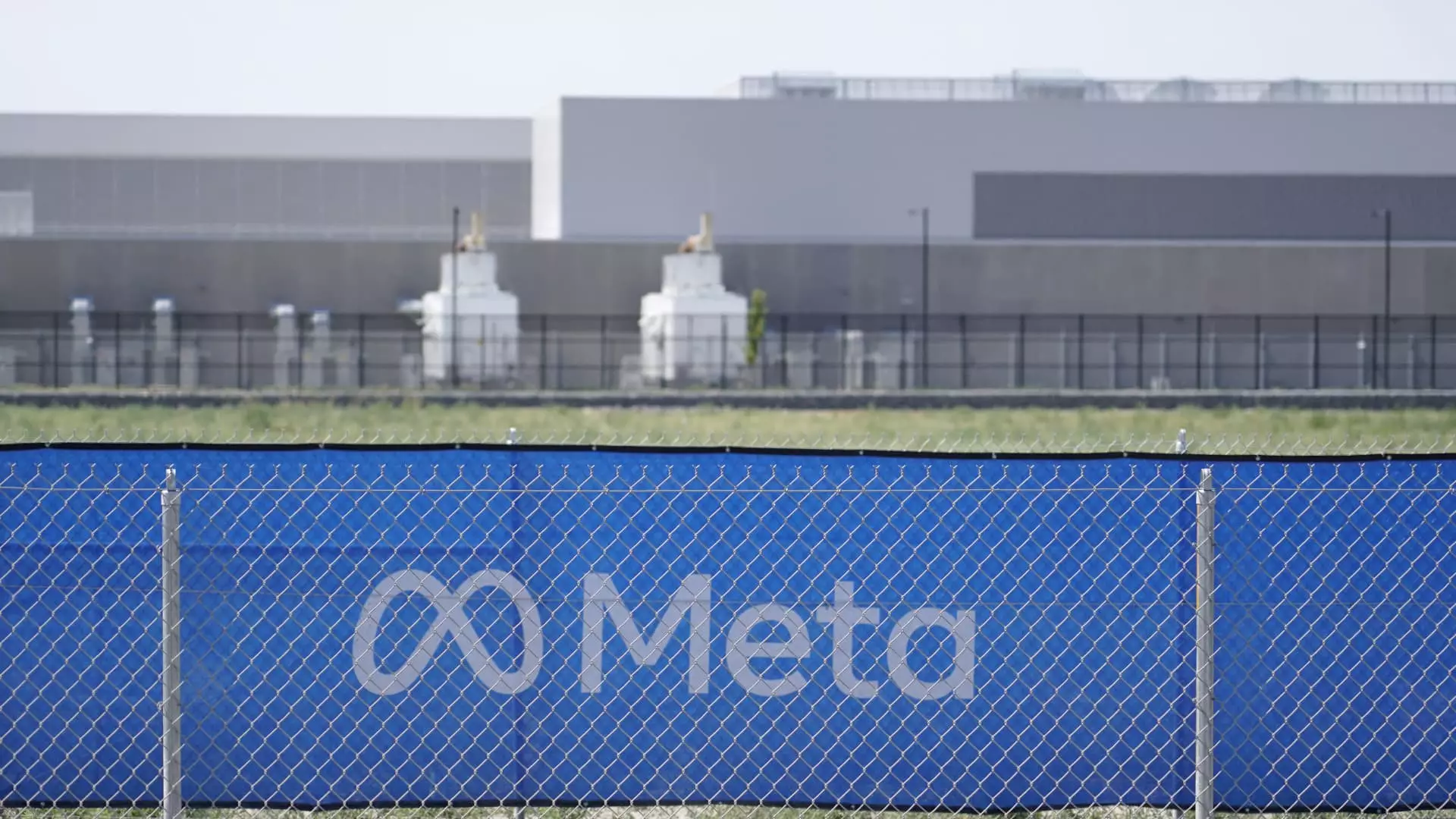In a notable turn of events, Arm Holdings has witnessed a remarkable surge of 6% in its stock value following the announcement of its foray into developing proprietary chips. This shift not only highlights Arm’s ambition to innovate but also showcases its acquisition of Meta as an initial client for its upcoming offerings. The Financial Times unveiled that Arm is venturing into a realm that directly competes with its existing customer base, a bold move that could redefine its business model and market position.
Historically, Arm has garnered a reputation akin to that of Switzerland in the semiconductor industry. The company has thrived by providing essential technology—specifically an instruction set and intricate core designs that enable clients to manufacture their own chips. This neutral stance has allowed it to cater to a diverse clientele, including giants like Apple, Google, and Microsoft, thus establishing itself as a pivotal player in the semiconductor ecosystem. However, the development of its own chips signals a strategic pivot that may challenge this neutrality, potentially disrupting long-standing partnerships with established customers who now face competition from Arm itself.
Meta’s expansive capital expenditure plans—totaling a staggering $65 billion this year alone for artificial intelligence and computing infrastructure—underscore a growing trend among tech firms to invest heavily in advanced AI capabilities. While Meta has prominently incorporated Nvidia’s powerful systems into its architecture, the company’s diverse chip procurement strategy, including investments in AMD alternatives, illustrates the competitive landscape that Arm is entering. Notably, the new chip that Arm intends to develop is aimed at server operations, marking a strategic differentiation from the graphics processors commonly utilized for high-end AI tasks.
In 2020, Arm was involved in a high-stakes acquisition attempt by Nvidia, valued at $40 billion, which was ultimately stymied by regulatory scrutiny. This incident highlighted Arm’s crucial role within the semiconductor market, illustrating both its significance as an industry player and the intricate dynamics that govern technology mergers and acquisitions. Following its public listing in 2023, Arm’s market capitalization climbed to over $173 billion, reflecting investor confidence in its role as an enabler of AI advancements. With shares having increased nearly 29% in 2025 alone, Arm is positioned as a foundational element in evolving AI infrastructures.
Company leadership has voiced optimism regarding Arm’s future, with CEO Rene Haas emphasizing substantial planned expenditures from major clients, including Google’s projected $75 billion and Microsoft’s $80 billion investments in data center capabilities. Such financial commitments represent a ripe opportunity for Arm to escalate its technology offerings and enhance revenue streams. Moreover, Arm’s involvement in the Stargate initiative, which aims to allocate a staggering $500 billion toward constructing AI infrastructure for OpenAI, signifies its commitment to being at the forefront of AI development and innovation.
Arm’s strategic shift toward chip development and its deepening involvement in AI underline its intent to remain relevant and influential in an increasingly competitive tech landscape. As the demand for advanced computing solutions escalates, Arm’s ability to leverage its established relationships while also positioning itself as a direct competitor will be crucial in shaping its future trajectory.

